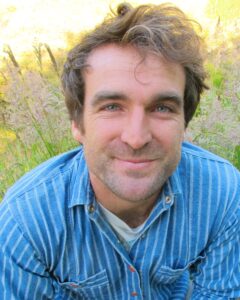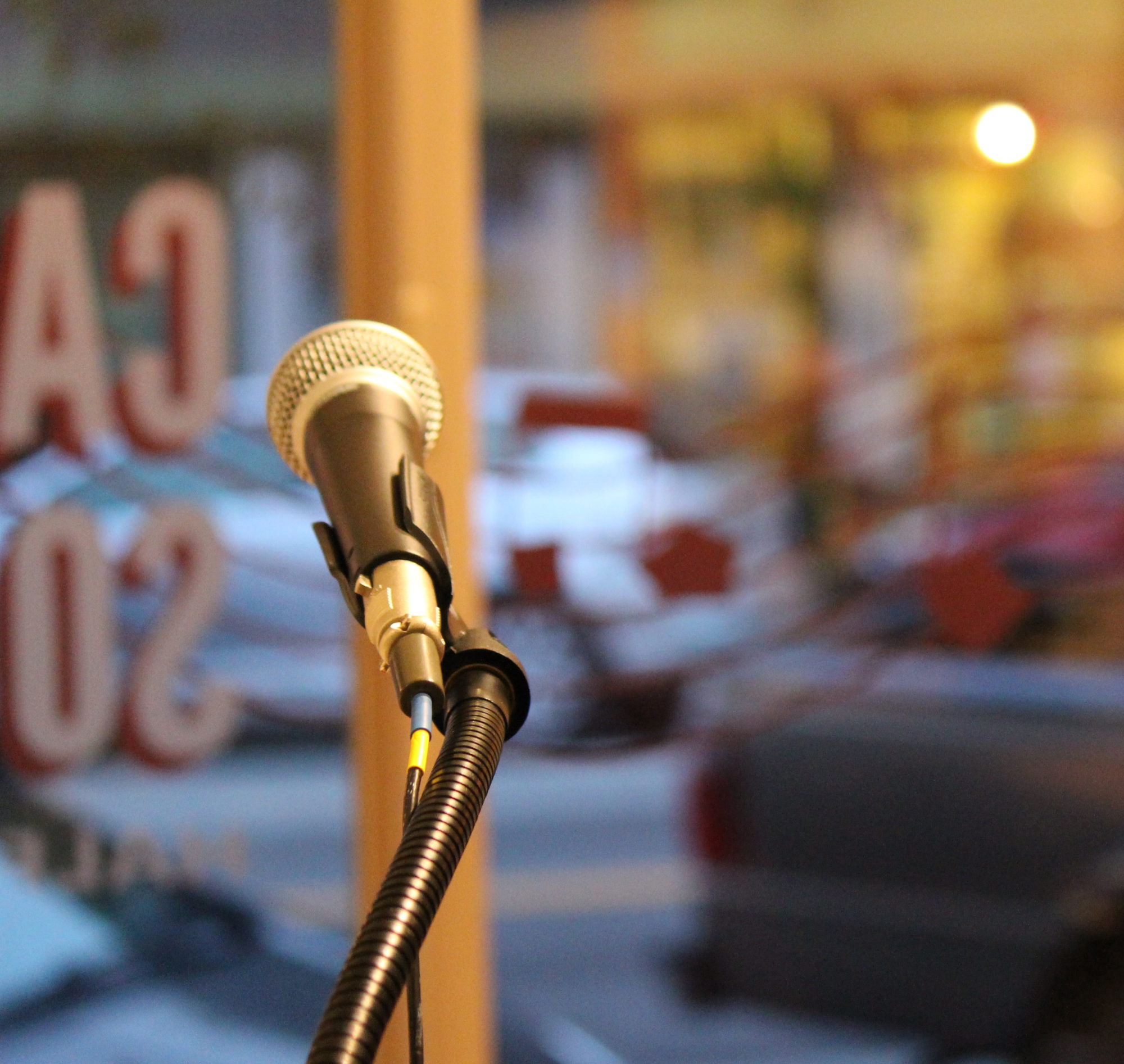Ben Gucciardi

Benjamin Gucciardi is the author of the chapbook “I Ask My Sister’s Ghost” (DIAGRAM/New Michigan Press, 2020). His poems have appeared in AGNI, Alaska Quarterly Review, Best New Poets, Harvard Review, New Ohio Review, Orion Magazine, Southern Indiana Review and other journals. He is a winner of Iron Horse Literary Review’s Trifecta Poetry prize, the Milton Kessler Memorial Prize from Harpur Palate and a Dorothy Sargent Rosenberg prize. In addition to writing, he works with refugee and immigrant youth in Oakland, California.
I Ask My Sister’s Ghost to Take Me with Her
Not because the reefs are bleaching.
Because I want to see how thin the veil is.
To row behind her in the boat
she came in, row all day
into night and where the river turns
to delta, blade my oar to beach the dingy
on a bank of silt and cattail.
Because I want to hide with her
in midnight’s swaying, turn my ears
from the throng of bullfrogs
to the song she hums,
listen to her stories of its blind composer,
how he charmed wives at the Royal parties
in Dublin, his fingers sweeping
each glissando, his eyes clouded over
like a cod on ice.
There is a Chinese symbol she taught me for a word
that has no word, but I can never remember
how to draw it, what tone
to put in my throat to speak.
The inked shape of that mutable mark hangs
just beyond the last branch of my mind
as she turns to leave.
There is nothing I can say
to convince her to take me,
so I pluck the tongue from my mouth
and lay it flat on a stone.
When she bends to inspect
the petal, it becomes a red door.
It creaks as she opens it,
walks into the unspoken
without turning back.
From Harvard Review
Salve Regina
They thumbed up from Santa Ana that morning
for a job with the Catholic Worker smearing mustard
under pastrami, stacking iceberg on Dutch crunch,
passing sandwiches and seltzer to the residents
of the third largest encampment beneath the Eight-Eighty.
Rufo was more handsome. But it was Faustine
whose voice most effortlessly dwelled in the 15th century basilica
their singing built in the middle of the room,
when, after an hour of receptive silence, they sat back to back
chanting ecclesiastic Latin: O clemens, O pia,
O dulcis Virgo Maria. What did I know? I was merely one of many
confusing Marx with Hegel gathered that night
to hear a Sioux elder share news from Standing Rock
at the canticle farm in East Oakland, which
that time of year was ringed by lemon trees
bursting into yellow prayer. Come morning,
Rufo and I would pack citrus in three wicker baskets
for the elder to drive back across the plains.
As I pressed my nose to rind, Rufo told me
how each morning his father dusted chili on sliced lemon,
how anything could be a sacrament if you held it right.
